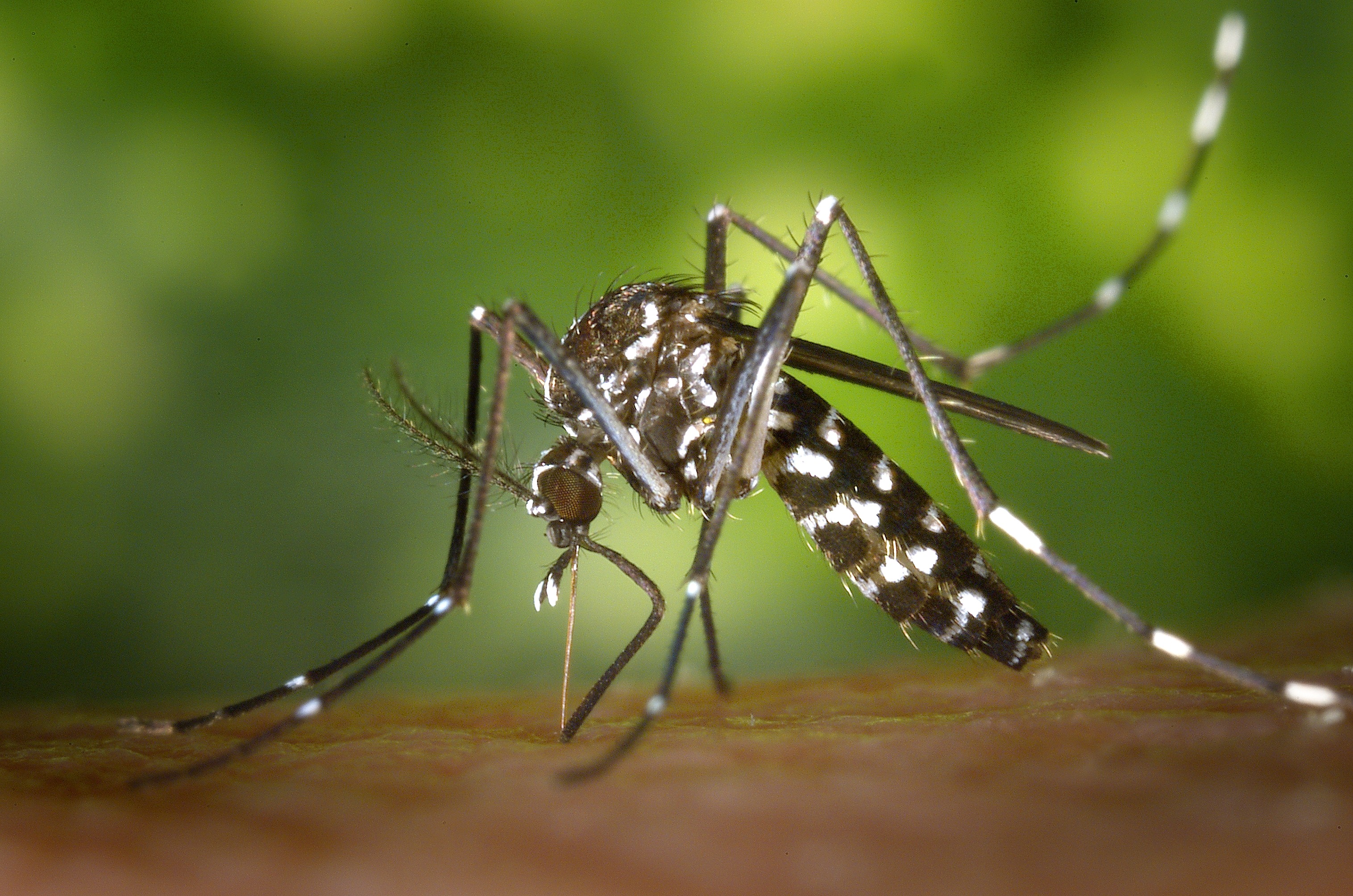
SUMMARY : As part of their natural diet to meet energy requirements, female Anopheles mosquitoes also consume sugars from plant nectar and fruit sap. Such consumption of plant sugars may actually be responsible for influencing the rates of malarial transmission in a given demographic area.
Apart from genetic factors, type of food resource as an environmental factor, can influence the ability of an insect vector to transmit the parasite. Female Anopheles mosquito widely known to consume blood, also consumes plant sugars from nectar and fruit sap as a part of its diet. Depending on the plant diversity in an area, the plant species specific sugar consumption can enhance or diminish the transmission of the parasite Plasmodium falciparum by the female Anopheles mosquito. Some species of the female Anopheles mosquitoes in Africa have been shown to display a preference for particular plant sugars.
Domonbabele Hien and Thierry Lefevre, from the Institut de Recherche en Sciences de la Santé in Bobo Dioulasso , Burkina Faso, together with colleagues studied the effects of natural plant sugars on the P. falciparum transmission by female Anopheles coluzzi mosquitoes. The plants chosen for the studies grew in human inhabited areas of Burkina Faso and included two flowering ornamental plants – Thevetia neriifolia and Barleria lupilina and two fruits – mango from Mangifera indica and grape like fruit from Lannea microcarpa.
The experimental setup was as follows. Female A. coluzzi mosquitoes were reared in mesh-covered cages at room temperature. Different such sets of mosquitoes were allowed to fed on either sugars from plant, or fruit or 5% glucose solution for 2-3 days. The mosquitoes were then starved for 24 hours before being fed blood. The blood came from patient volunteers who were already infected with the parasite. After feeding on infected blood, the mosquitoes now harbored the parasite. These mosquitoes were again allowed to feed on the previously assigned plant sugar. Up to seven days, post the blood meal the survival of the mosquitoes were monitored. On the seventh day, the mosquitoes were tested for the presence of the parasite and eggs.
As compared to the mosquitoes fed on 5% glucose solution, the mosquitoes fed on T. neriifolia showed a 30% decrease in malarial transmission. However the mosquitoes fed on L. microcarpa and B. lupilina showed a 30% and 40% respective increase in the transmission of malaria. Three mutually exclusive mechanisms may possibly be responsible for such results. First, the secondary metabolites present in the plants may prove toxic to the mosquitoes, thereby hampering the growth and reproduction of the mosquitoes. Second, feeding on poor quality plant resource may restrict the energy supply to the mosquitoes, thereby inhibiting parasite growth and infection. Third, the plant sugars might lower the immunity of the mosquitoes, thereby allowing greater degree of infection by the parasite.
The prevalence of the different plant species in an area can affect the transmission of malaria. The dominance of pro-malarial plants in an area might increase the transmission of malaria, while the dominance of anti-malarial plants might result in decreased malarial transmission rates and hence plantation of anti-malarial plants can be sought out as alternative measure to control malaria.
Reference : Hien DFdS, Dabiré KR, Roche B, Diabaté A, Yerbanga RS, Cohuet A, et al. (2016) Plant-Mediated Effects on mosquito Capacity to Transmit Human Malaria. PLoS Pathog 12(8): e1005773.doi:10.1371/journal.ppat.1005773




